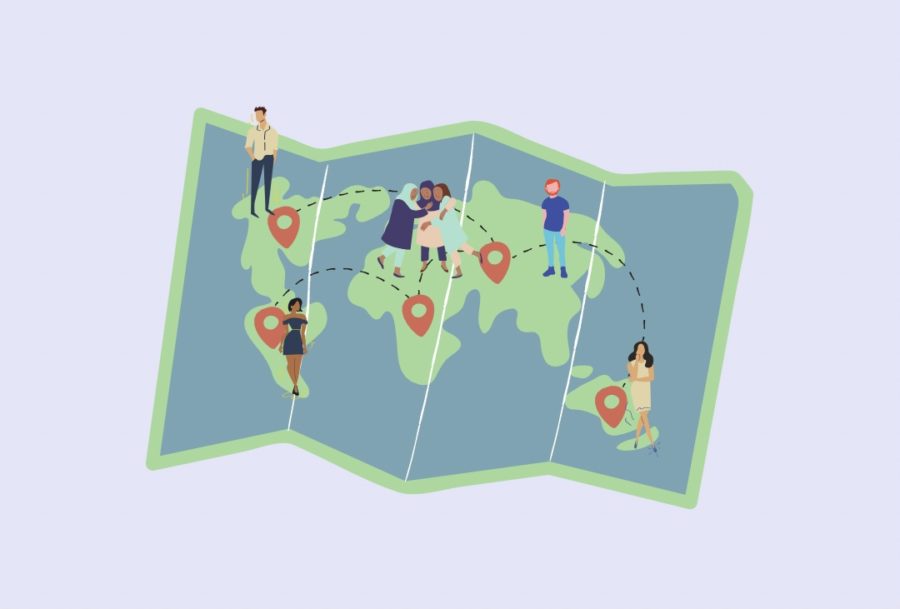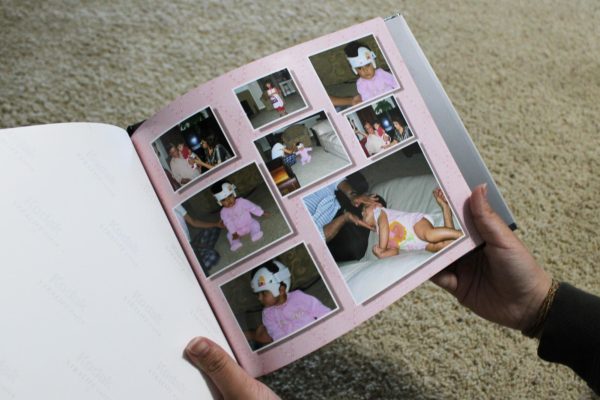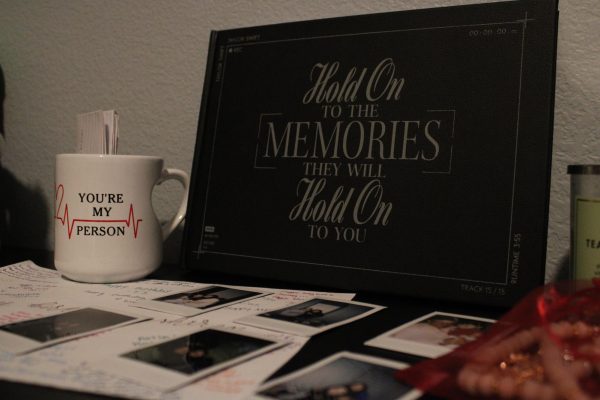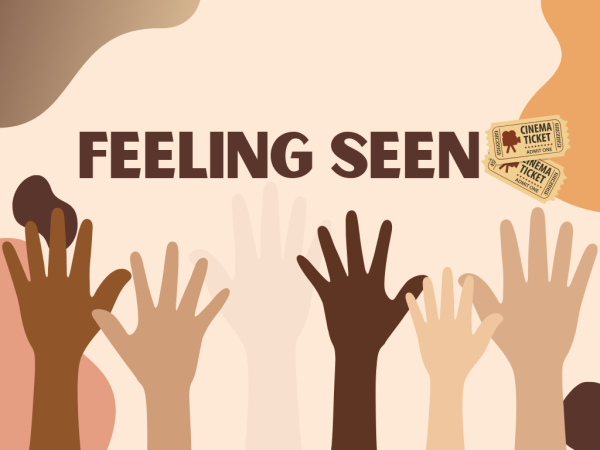Opinion: Ukraine crisis highlights a double standard
Refugees are not escaping to unleash horror on their host countries; they are simply trying to rebuild a life that was forcibly taken away from them.
Like many others, my heart broke as I watched the war unfold in Ukraine. I saw mothers and children rush to airports over the chilling background of missiles and bombs on live television. I couldn’t believe a war was happening in the midst of innocent children, but I gained newfound respect for the responses from European nations across the Ukrainian border.
Polish citizens lined up at the border to donate food and clothing to the tired Ukranians. In other countries, people were holding welcome signs and banners. Yet, I couldn’t help but notice that the Western response to Ukrainian refugees was in stark contrast to the treatment of refugees from Asia and Africa.
Back in 1948, the United Nations General Assembly adopted the Universal Declaration of Human Rights (UDHR), a milestone document that urged a unified and humanitarian response for refugees and asylum seekers. The UN defines a refugee as someone who has been forced to flee their country because of persecution, war or violence. The UDHR states that everyone has the right to seek and to enjoy other countries’ asylum from persecution. In layman’s terms, people who fit the refugee criteria will be granted protection and safety in whichever country they flee to.
However, this was not the case in 2015 during the Syrian civil war. As the Syrian war worsened, Europe and the U.S. had mixed responses to the hordes of refugees arriving at their borders. In Europe, fences were built, border control was reintroduced and migration became synonymous with terrorism. Many EU member states tightened legislation regarding asylum seekers, which was an additional burden on refugees.
Sadly, Syrian refugees weren’t the only ones caught in the bureaucratic hurdles that overtook the asylum system. Many refugees from other Middle Eastern countries and Africa were met with rubber bullets and tear gas in European countries. These events make Ukraine seem almost like an exception. For example, just days after the Russian invasion, the EU approved an emergency plan granting Ukrainian citizens the right to live and work in the country for up to three years and mobilized billions of dollars for relief efforts.
Since when did Muslim refugees become potential terrorists while Ukranian refugees were seen as innocent bystanders when both groups are victims of a humanitarian crisis?
Clearly, international law is not immune to race and discrimnation. Bulgarian prime minister Kiril Petkov hit the nail on the head when asked about Ukrainian refugees. “These people are intelligent,” he said. “They are educated people… This is not the refugee wave we have been used to.” This rhetoric makes it sound as if white, European lives are much more worthy of safety than migrants from Asia and Africa.
Slavery and colonization may no longer exist, but racism toward people of color still pervades our judicial and bureaucratic systems. While Ukranians have been met with open arms, refugees from other parts of the globe were met with contempt and distrust. Imagine escaping from war only to be tangled up in a new bureaucratic maze with underlying tones of implicit prejudice. Though international law was made for all refugees, it seems to ignore and trap certain groups.
What’s even more disturbing is the way people of color have been treated when they tried to escape Ukraine. Ukraine was home to over 76,000 foreign students from India and Africa. Many foreign students attempting to leave the country have reported racist treatment at border crossings. To get to the border, people have to walk four to five kilometers from the first checkpoint to the second. One girl from Mumbai told CNN that Ukrainains were given taxis and buses to travel while other nationalities had to walk. Some weren’t even allowed to cross the border to Poland.
Even when fleeing the same country, priority was placed on one ethnic group over the other. Even in times of turmoil, racism still has a strong hold on society, and it shouldn’t be like that. No life is worth more than another. Politicians and world leaders should aim to save as many people as they can instead of cherry picking victims.
Though the UDHR was written back in 1948, we still have a long way to go. It’s time that we have empathy toward ordinary citizens who are forced to leave their lives behind. All asylum seekers should be greeted with compassion instead of rubber bullets and batons. They have likely just gone through the worst tragedy of their lives. We should not make it worse over something as frivolous as skin color.
The conflict in Ukraine has humanized refugees worldwide. Refugees are not escaping to unleash horror on their host countries; they are simply trying to rebuild a life that was forcibly taken away from them. I hope the world has the same reaction when another country ends up being inhospitable for their citizens. For now, everyday citizens can donate aid to war torn countries, increase awareness for these countries and pressure their local politicians to make it easier for refugees to navigate the asylum system.
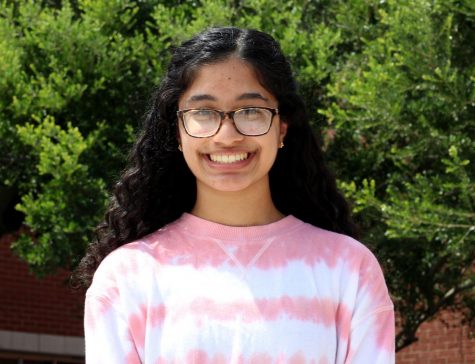
Senior Christy Thomas is a reporter and this is her first year on staff. She enjoys reading, working out and annoying her younger brother.



